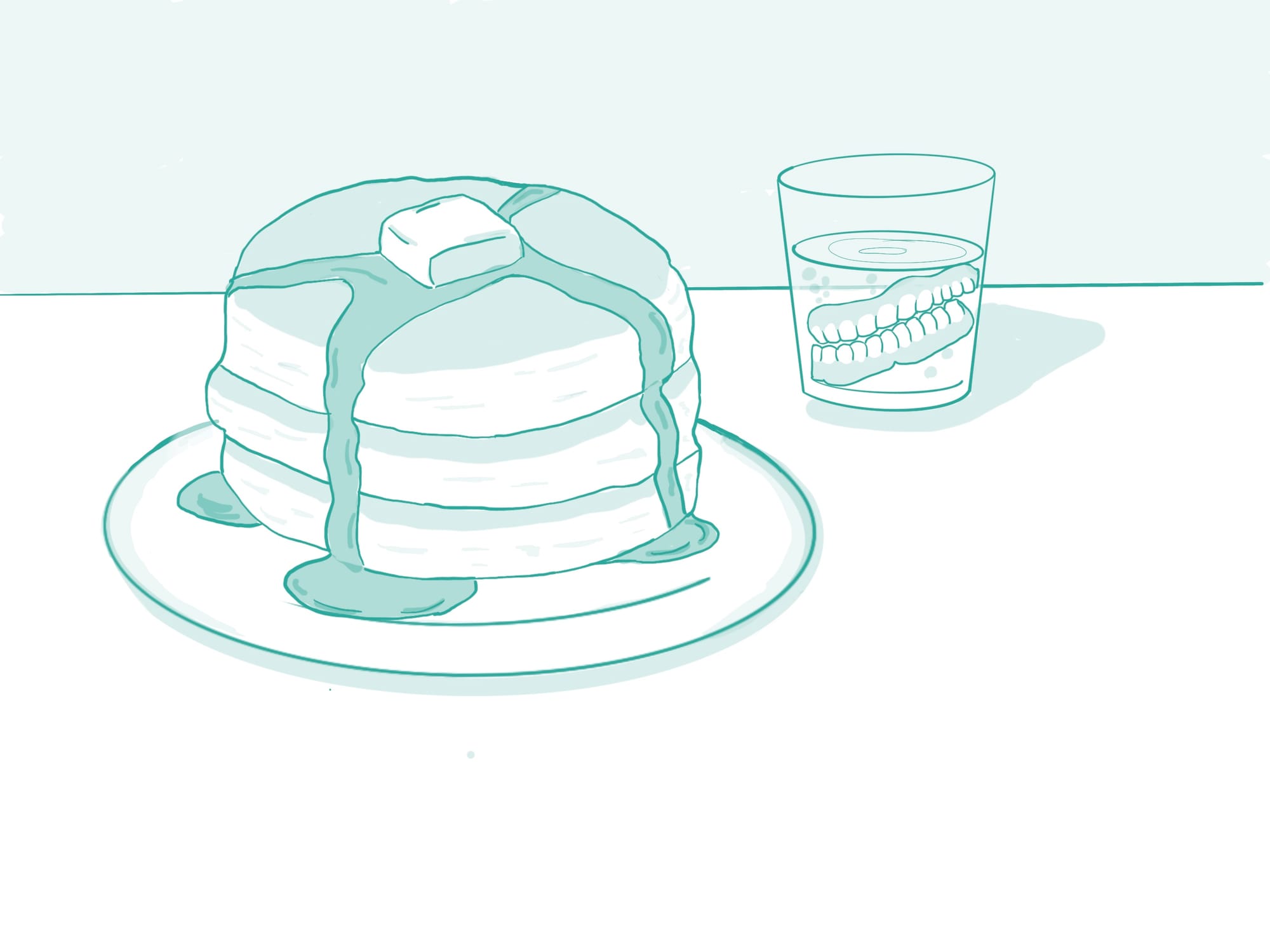The Problem With Research
American Heritage is run through a real-time field experiment. America makes its own conclusions.

I've always said that the problem with research is that people draw conclusions from research. It's an issue in marketing because branding firms will conclude without fail that customers of a breakfast restaurant don't just want really buttery pancakes and bottomless coffee, they also want to get it from a place that has the most streamlined logo known to man, that is highly compatible on a mobile app, and is easily duplicated on coated substrates.
Just ask Cracker Barrel's branding team. They know.
Tell me who funded the research and I'll tell you the findings. No homework necessary. Phillip Morris researches to find out how good cigarettes are so good for your health if you consume enough. After all tobacco is a leafy green vegetable. Monsanto studies the effects of weeds on the mental health of lawn-obsessed dads, because they care and depression is an epidemic. The conclusions are surprisingly good for business. To be fair, studies show that both are safe alternatives to drunk driving.
Even a focus group consisting of engaged customer-like subjects will lead you astray. The process is something we call Voice of the Customer. Ask a sample of your target audience which logo they like and why it's the one on the right, and they'll tell you, every time. Ask how much they enjoy the rich golden color, and the premium custom font, and they'll give you an answer immediately before asking when they can get their gift card.
Did you know that if someone gives you a half-full plate of food, you'll eat a greater portion of the whole than you would if it were a full plate? Use a bigger plate, and you'll eat more food. At least until it leads to the destruction of your colon, and the Cracker Barrel bathroom, to which I can attest. It's because real-life conditions change our behaviors, and research itself is a condition.
This week, the news feeds were filled with a dressing down of Cracker Barrel by internet experts who know that a logo changes everything about a restaurant, from the flavor of the sausage patties to the clotting of the gravy. Ben Shapiro made it clear in his criticism. Remove a line drawing of a white guy from your logo, and you might as well have changed your name to DEI Barrell.
Countless self-styled brand experts dropped professional shitposts on LinkedIn to say they would have done more research, had they been hired, and that Cracker Barrel failed at listening to its customers. Yet, Cracker Barrel said they did just that, and 87% of respondents said they liked or loved the new logo. But questions about hypotheticals and those about real life are very different. The mere fact that you ask a question in a survey changes the answer. Not to mention how you ask it, and after what introduction.
Ask a patron if they like pancakes, and they'll tell you. Put a short stack in front of them, and they'll eat them. That's why studies are far more effective when they aren't studies of studies, but studies of nature.
If you want to find out how trees grow in the forest, you can go to the forest. This is the kind of research that actually offers conclusions you can use.
There's only one way to find out if people think your new logo is a nod to the woke left and the destruction of American Heritage. It's by giving it to them. And don't tell them it's research, because focus groups lie, but reflexes don't. When new ideas are placed in real life, the responses become more honest.
Earlier this week, one such study collected more of its own evidence. A heavily armed assailant shot through the windows of a Catholic church in Minneapolis on Wednesday, killing an 8-year-old and a 10-year-old in the pews and injuring 17 others. By the numbers, America is an outlier in the number of guns owned worldwide. The US is also an outlier in gun violence worldwide.
That's the kind of research for which you can count on the data. You can be certain about the results. But it's not the conclusion we want to make, so as usual, we'll find the research we like better.
That's it for this week.
Remember: 100% of our subscribers "like" or "love" The Lorem Ipsum by receiving it each week. These free refills are best enjoyed with friends.
Have a great weekend!


